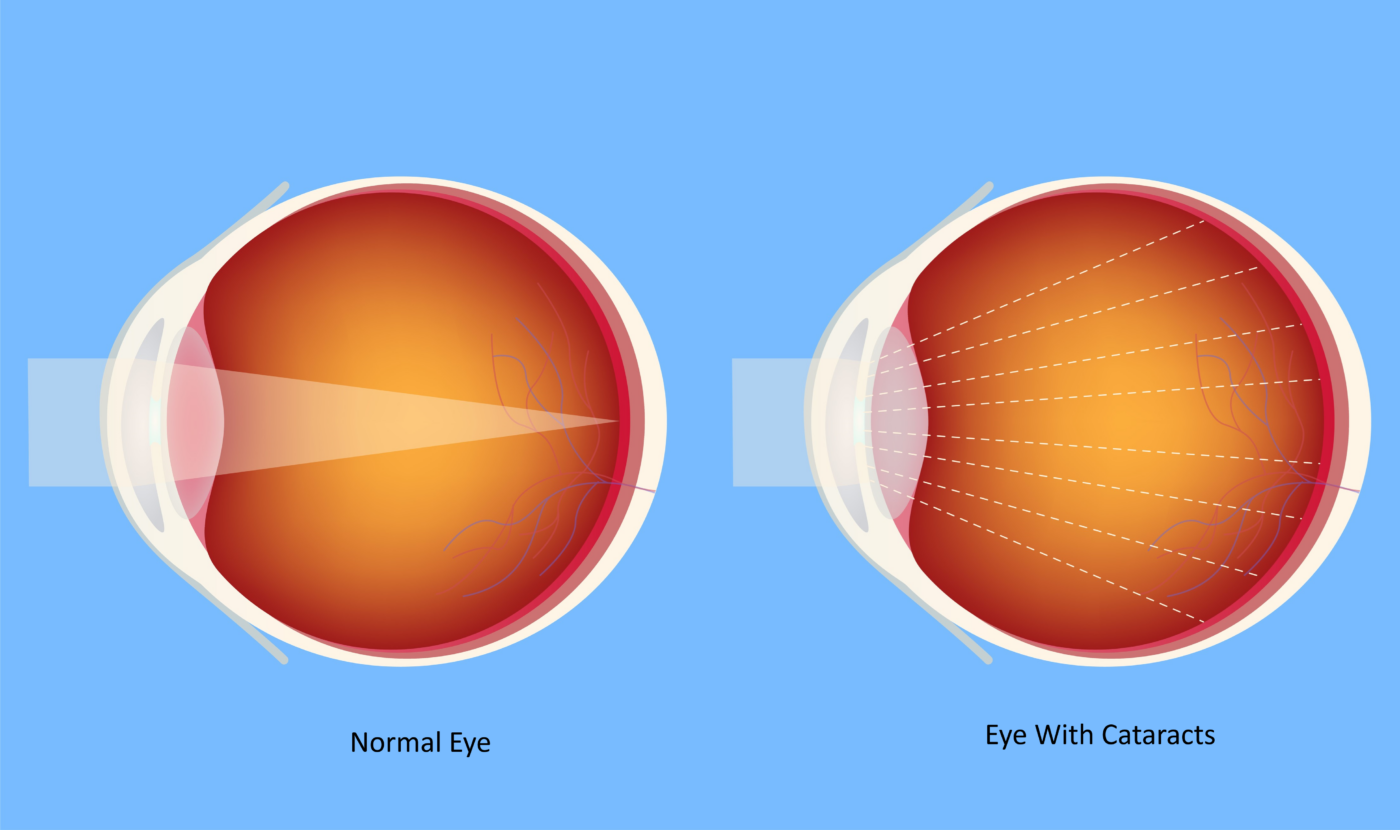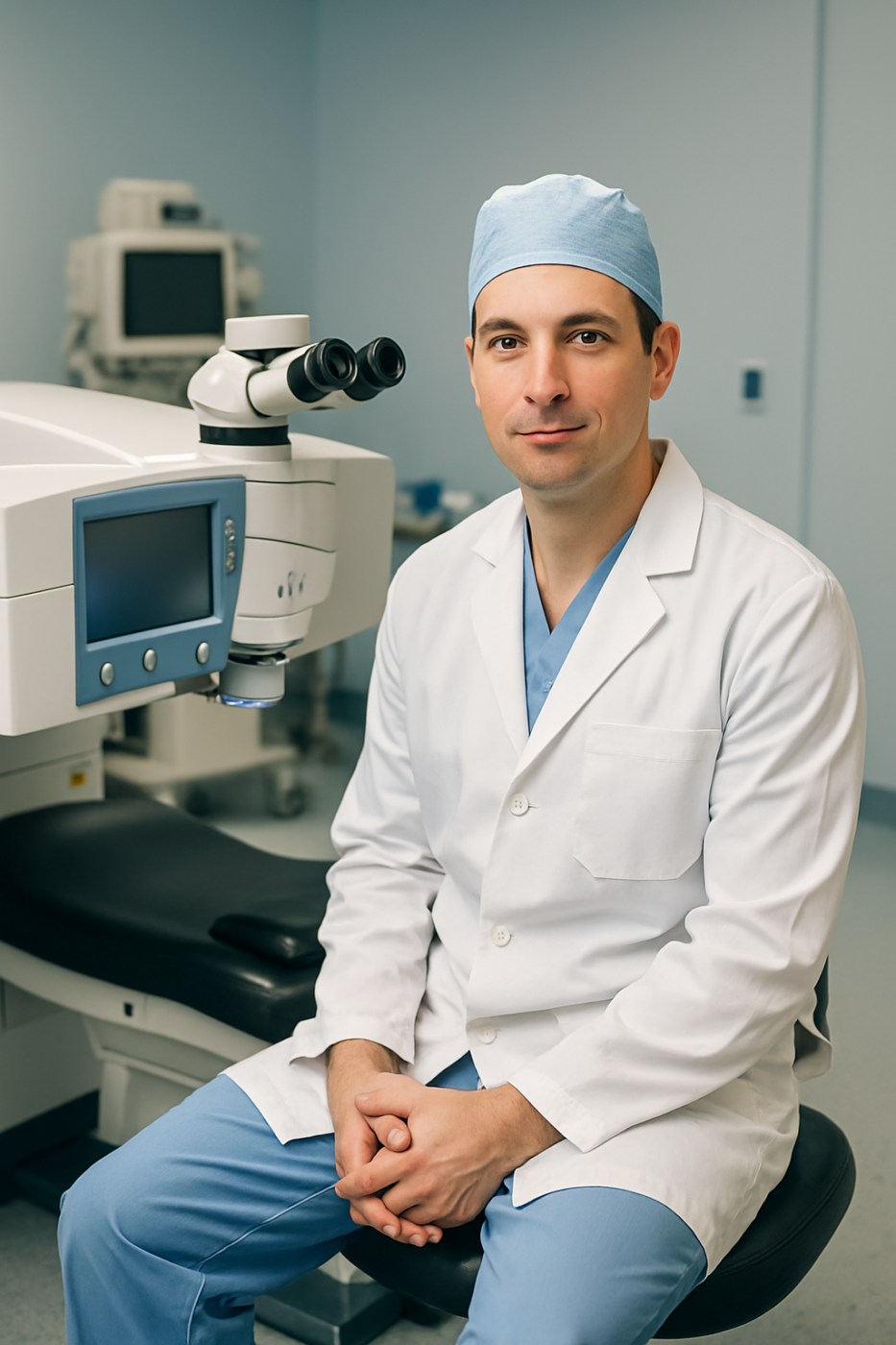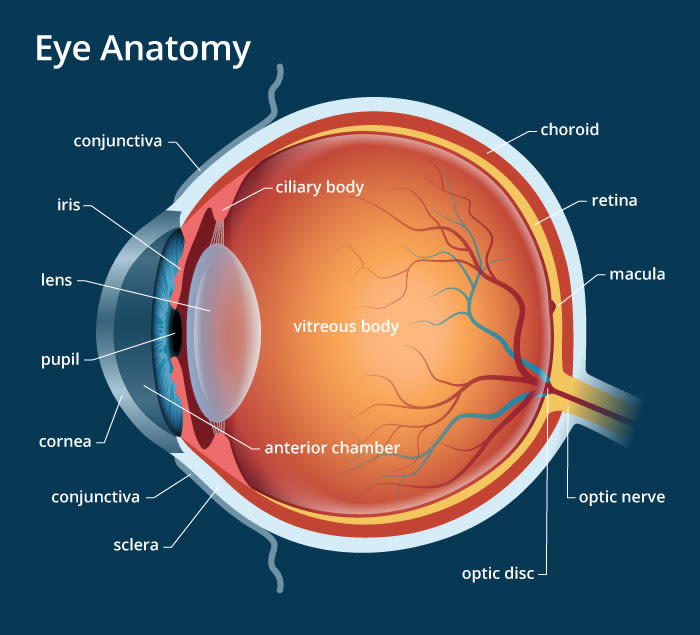Quick Summary: Is LASIK Safe?
Yes, LASIK is considered one of the safest elective procedures available today. Here’s a quick overview based on recent studies:
- FDA Approval: Approved since 1998[i] with a strong safety track record.
- Success Rate: Over 95% of patients report satisfaction[ii], and 99.5% of patients achieve 20/40 vision and 90%-95% achieve 20/20 vision[iii].
- Complication Rate: Serious complications occur in less than 1% of cases[iv].
- Patient Outcomes: Most side effects, like dry eyes or night vision issues, are temporary and resolve within months.
While some media reports highlight rare risks or individual experiences, the overwhelming clinical evidence from studies confirms LASIK’s safety for qualified candidates.
Is LASIK Safe?
Absolutely, when performed by experienced surgeons at reputable centers like The Lasik Vision Institute. LASIK has been FDA-approved since 1998 and is one of the most studied elective surgeries. Data shows patient satisfaction rates exceeding 95%[ii], with serious complications under 1%[iv]. That’s lower than many everyday procedures.
Of course, like any surgery, there’s a small risk of side effects. But advancements in technology, such as AI-powered corneal mapping, have made LASIK even safer in 2025. Long-term studies confirm its efficacy, with most patients enjoying lasting results.
While some former patients and reports suggest higher complication rates (up to 10-30% in isolated analyses), these are often based on broader definitions including temporary issues. Peer-reviewed studies consistently show the true rate of significant problems is much lower.
What Are the Potential Side Effects of LASIK Surgery?
Most side effects are mild and temporary. Here’s a list of common ones:
- Dry Eyes: Affects many patients initially but resolves; treatable with drops.
- Halos, Glare, and Night Vision Issues: These can occur but usually fade in weeks to months.
- Under- or Overcorrection: Happens rarely due to individual healing; often fixed with a free enhancement.
- Flap Complications: Low at 0.73%, and sight-threatening issues are rare at 0.07%[v].
- Infection or Inflammation: Extremely uncommon with proper care.
| What You Might Experience | How Common Is It? | How Long Does It Last? | How Can It Be Managed? |
|---|---|---|---|
| Dry Eyes | Common (temporary) | Up to 12 months | Eye drops |
| Halos/Glare | Occasional | Days to weeks | Self-resolves |
| Under/Overcorrection | Rare (<1%) | N/A | Enhancement procedure |
| Serious Complications | <1% | Varies | Medical intervention if needed |
Can you go blind from LASIK?
People often cite the fear of going completely blind as a concern when considering LASIK. While it is natural to be protective about your vision, there has never actually been a reported patient case where LASIK eye surgery was the primary cause of total blindness[vi].
Common Myths About LASIK Risks and Complications

With better screening and lasers, risks have dropped.
No, the corneal reshaping is permanent. However, natural changes like presbyopia (needing reading glasses after 40) can occur, unrelated to LASIK. If your prescription shifts slightly, an enhancement might help.
Most feel only mild pressure—no pain. Numbing drops ensure comfort, and a sedative is optional.
Not typically. LASIK doesn’t “wear off,” but life stages like aging may require adjustments.
These myths often stem from outdated info. In 2025, with centers nationwide, The Lasik Vision Institute uses the latest tech to minimize risks.
How do I know if I am a candidate for LASIK?
The best way to know if you would make a good candidate for a LASIK procedure is to start by taking our free LASIK quiz below or schedule a free consultation.

[i] Center for Devices and Radiological Health. (2018, September 6). List of FDA-Approved lasers for LASIK. U.S. Food And Drug Administration. https://www.fda.gov/medical-devices/lasik/list-fda-approved-lasers-lasik
[ii] Center for Devices and Radiological Health. (2021, June 17). LASIK Quality of Life Collaboration Project. U.S. Food And Drug Administration. https://www.fda.gov/medical-devices/lasik/lasik-quality-life-collaboration-project
[iii] Joffe, S. N. (2021). The 25th anniversary of laser vision correction in the United States. Clinical Ophthalmology, Volume 15, 1163–1172. https://doi.org/10.2147/opth.s299752
[iv] Chua, D., Htoon, H. M., Lim, L., Chan, C. M., Mehta, J. S., Tan, D. T. H., & Rosman, M. (2018). Eighteen-year prospective audit of LASIK outcomes for myopia in 53 731 eyes. British Journal of Ophthalmology, 103(9), 1228–1234. https://pubmed.ncbi.nlm.nih.gov/30355717/
[v] Susanna, B. N., Mohan, N., Santhiago, M. R., & Randleman, J. B. (2025). Laser in situ keratomileusis Outcomes and complications: 2016 to 2023. Journal of Refractive Surgery, 41(4). https://doi.org/10.3928/1081597x-20250312-01
[vi] LASIK — Laser eye surgery. (2024, August 9). American Academy of Ophthalmology. https://www.aao.org/eye-health/treatments/lasik







